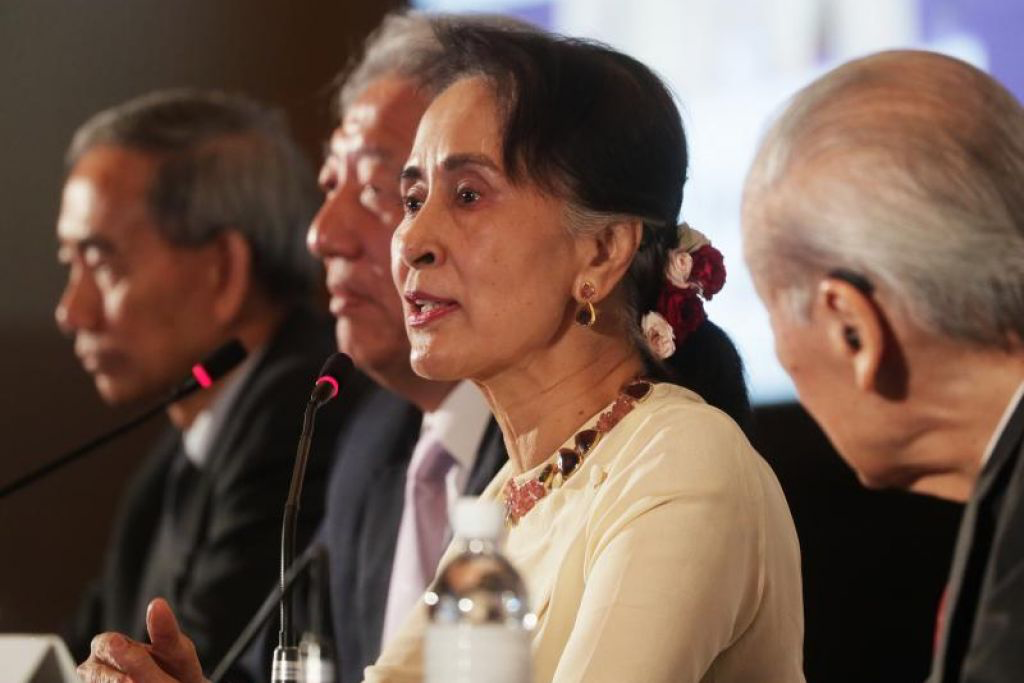Tens of thousands of people took to the streets in support of Daw Aung San Suu Kyi as she defended Myanmar before the United Nation’s highest court.
On December 10th, the supporters marched to Yangon City Hall to mark the beginning of the three-day hearing before the International Court of Justice (ICJ). On that day, the Gambia presented a case against Myanmar for its treatment of Rakhine Muslims, who call themselves Rohingya, along the western border. The Muslim nation asked the 16 ICJ judges to mandate “provisional measures” to protect the Rohingya. It is unclear what these measures would be, but the United Nations has already called on a boycott of all businesses dealing with the Myanmar military.
On the following day, Aung San Suu Kyi denied the Gambia’s accusations, saying it had presented an “incomplete and misleading picture of Myanmar.”
The demonstrations punctuated the curious position the case has put Aung San Suu Kyi in. Hailed as the champion of Myanmar’s budding democracy, she has since lost her status as an international human rights icon. However, at home the state counsellor remains immensely popular, with a majority of Myanmar people supporting her government and the actions of the military. Although Aung San Suu Kyi had no political power to halt the 2017 “clearance operations” against the Rohingya, she denied allegations of widespread human rights abuses. Her NLD government went so far as to suggest that Rohingya people had been burning their own homes in order to draw the global media gaze and make the military look worse.


